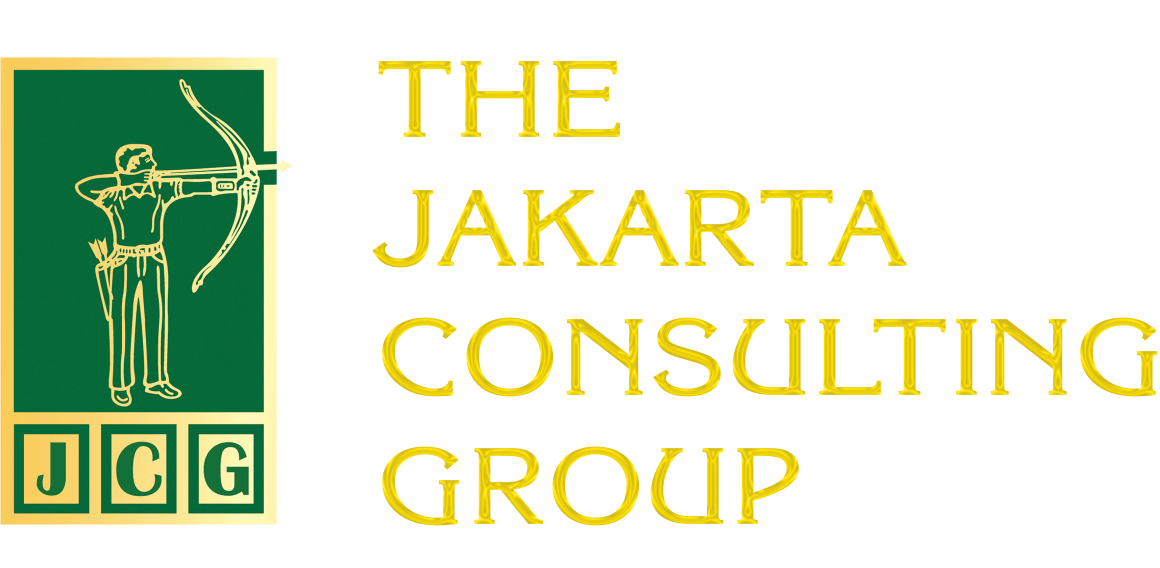In this fast-paced era, the convenience of paylater facilities has inevitably changed the financial behaviour of many people, including employees. On the one hand, there is the temptation to fulfil immediate desires. On the other hand, long-term financial planning is often neglected. When a consumptive lifestyle meets an unorganized financial management strategy, the impact can spread to a decline in employee morale and well-being.
Emergency Funds in Financial Management: For Greater Peace of Mind and Productivity
Based on a survey of employees at a financial institution in Indonesia, around 78 percent of them have emergency funds. This is certainly encouraging. The reason is that in many places, many people still do not care about the importance of sound financial management. This means that they are financially vulnerable when faced with unexpected storms, such as layoffs or sudden medical expenses.
The impact on peace of mind is felt immediately. The financial stress that arises from emergency situations can easily undermine focus and productivity. Conversely, employees who have an emergency fund “lifeline” are generally calmer, able to think clearly about their careers, and show higher loyalty.
Ironically, the presence of paylater is often misinterpreted as an emergency solution. It is not for buying entertainment items, but to cover urgent needs. This kind of financial management strategy does not solve the problem, but instead plunges people into a cycle of debt that makes saving difficult.
Neglected Old Age: The Pension Fund Dilemma

Another problem arises from preparing for old age. At the same financial institution, nearly half of the respondents (49 percent) admitted that they did not have independent retirement savings. In fact, there is a ray of hope: on average, employees at these companies start planning for retirement earlier than most Indonesians. Unfortunately, these good intentions are often eroded by instalment payments, lifestyle choices, and a lack of awareness of the importance of long-term financial management.
Furthermore, the survey results show that around 60 percent of employees have installment obligations, with the 36-40 age group bearing the heaviest burden. In already tight financial conditions, paylater is not a help, but rather an additional burden that disrupts cash flow.
Employees who do not think about their old age tend to be overwhelmed by anxiety, which affects their commitment to work. Conversely, those who start saving early and carefully plan their financial management strategies feel more confident and view the future with more optimism. Company support in this regard is not only about money, but also about building a sense of security.
Children’s Education Goals
As many as 19 percent of employees who prioritize children’s education funds in the next 1-5 years do not yet have children’s education funds. As many as 20 percent of employees who do not yet have children’s education funds already have children. At first glance, this figure seems small. However, it must still be watched out for.
Is Paylater the solution? Instead of bringing relief, this decision actually adds to mental stress and erodes financial confidence. Imagine how an employee can focus on company targets when their mind is preoccupied with how to pay off bills? This is where the company’s role becomes crucial, by offering financial management education programs or integrated education savings facilities.
Saving vs. Investing: Building Assets for the Future
There is a positive trend in investing. More and more employees are starting to invest, although 13 percent of them have not allocated part of their income for investment. Investment experience is directly proportional to the amount of funds allocated. The majority choose safe instruments such as gold and mutual funds as a safe haven.
However, a paradox arises. The younger generation, who are most familiar with paylater, often invest the least. They also tend to neglect planned and sustainable financial management. The “must be instant” culture shifts the focus from building long-term wealth to simply surviving from paycheck to paycheck. As a result, the sense of control over one’s own finances is diminishing.
This condition clearly has an impact on engagement. Financial security is the foundation for a person to give their best energy at work.
Health Protection: Often Overlooked

More than half of employees (50.69 percent) have independent health insurance, and about 47 percent have life insurance. However, nearly 30 percent still rely entirely on office facilities, a pattern commonly found among young employees under 25 years of age. This group is the most vulnerable to relying on paylater when faced with sudden health costs.
Health is the foundation of all forms of well-being. When a health crisis strikes without adequate financial protection or good financial management, the impact is not only on depleted savings, but also on mental health and work morale. Stress due to hospital bills is an often unseen trigger for burnout.
Long-Term Financial Management Problems
If four of these five financial foundations are not solid, reliance on paylater will only trigger long-term problems. Financial literacy and financial management skills are the main differentiators. Employees who have plans and discipline in managing their essential funds are not only more prosperous, but also more committed and enthusiastic at work.
Financial well-being is the foundation of peace of mind, which in turn breeds productivity and loyalty. The five essential funds—emergency, retirement, education, investment, and health—are the pillars that support it.
Over-reliance on paylater slowly erodes these foundations, both for employees and organizations. Conversely, when financial literacy and discipline are built together, the result is not only financially healthy employees, but also a superior and resilient organizational culture.
#paylater #engagement #emergency funds #investment #health insurance #life insurance #health #education #savings #financial literacy #productivity #financial management
Related Posts:
Toxic Positivity in the Workplace: When Excessive Work Motivation Backfires
Understanding the Phenomena of Job Hugging & Job Hopping in the World of Work in 2025
When Organizational Culture Loses Its Way: The Risk of an Overly Flexible Structure
When Google’s Business Domination is on the Line
Local vs Global Business Ethics: Management Challenges in Multinational Corporations










